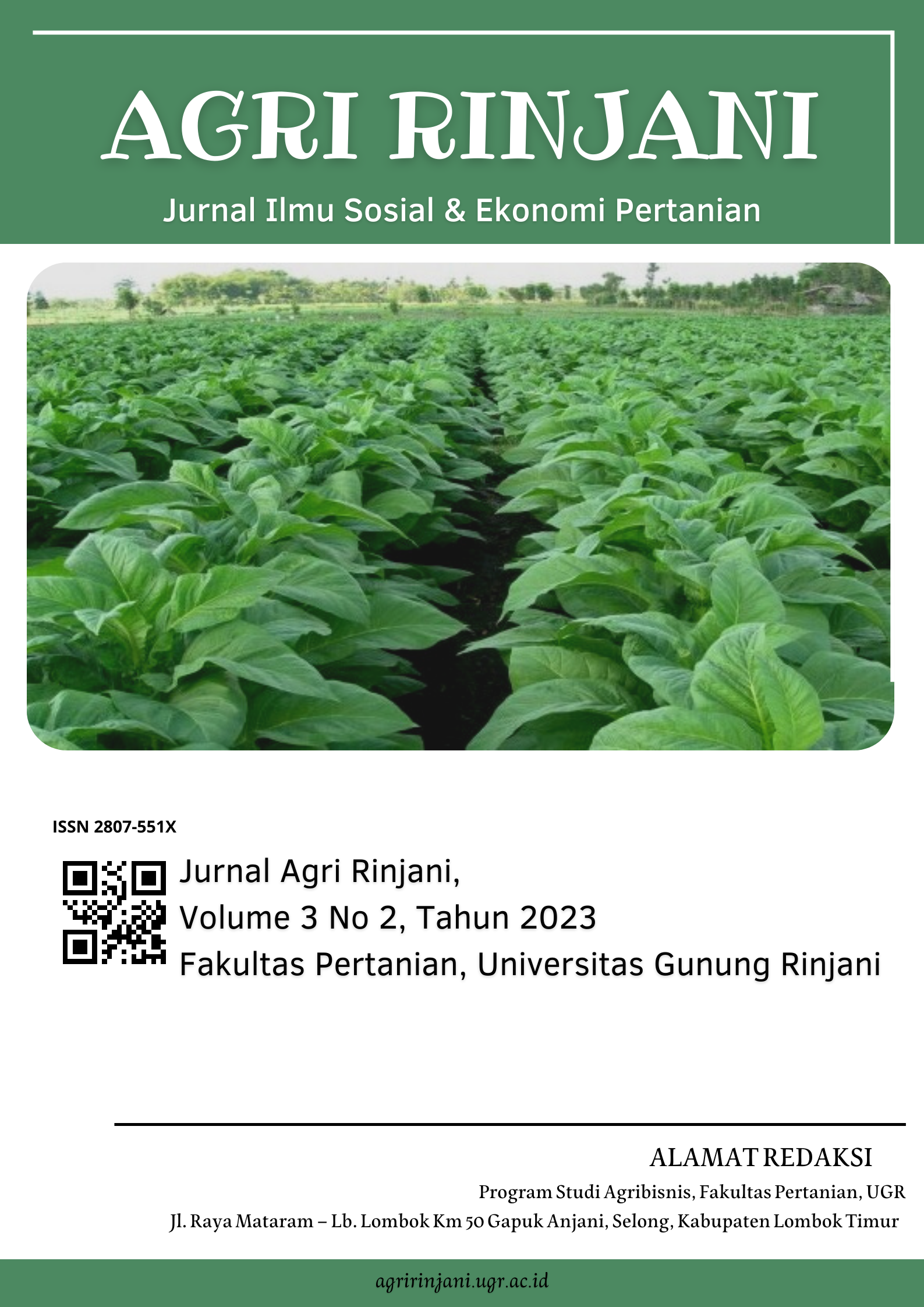Demonstration Methods Vs. Discovery Learning: Teaching tomato plant cultivation with hydroponics and Canva
Keywords:
Aplikasi canva , plant cultivation, discovery learning, learning results, hydroponics.Abstract
Mobile devices are essential to improving student learning outcomes in hydroponic plant cultivation courses when used as a complementary tool and demonstration and discovery learning methods (also known as demons-disco learning). This course increases students' understanding and skills in cultivating plants, especially vegetables, using hydroponic techniques and mobile devices. Mobile-based applications offer new experiences in terms of information and communication technology and opportunities for students to engage in independent learning. The learning approach chosen includes providing understanding information, an overview of components and varieties, and an assessment through questions about hydroponic plant cultivation. So, a teacher must design learning by producing material to help students overcome problems in raising hydroponic plants. This research uses a research and development (R&D) approach in product creation, utilizing three of the four research phases: definition (identifying potential and problems, data collection), product design, and development (validating the design, refining the design, and testing the product). The trial was conducted on a small scale with 36 students through a discovery learning learning design. This article will discuss the research findings and the following implementation steps.














